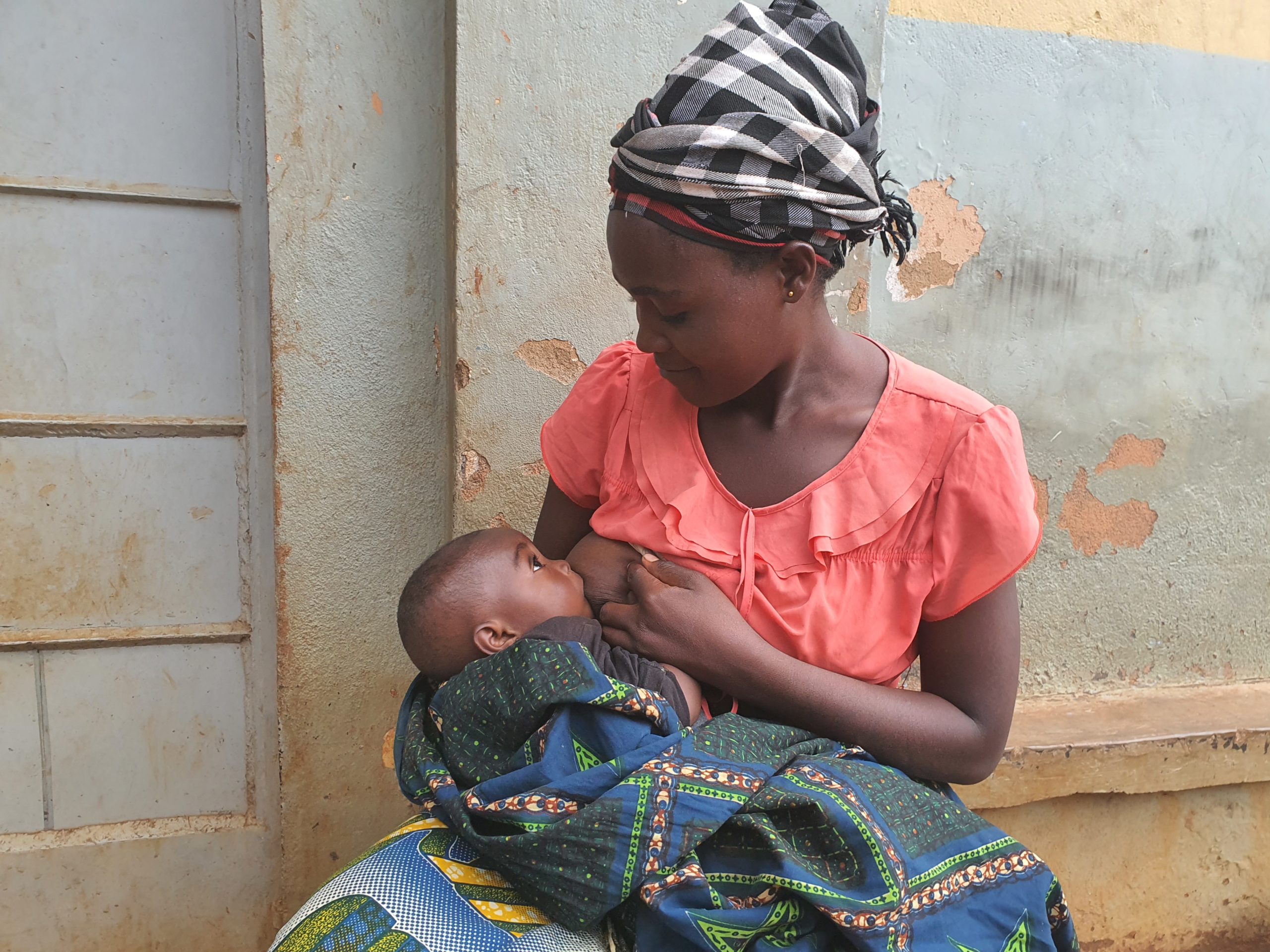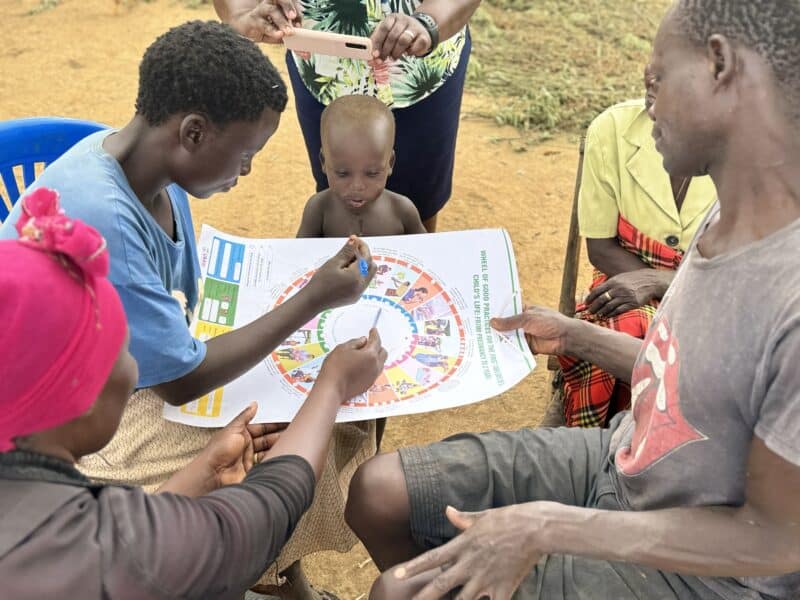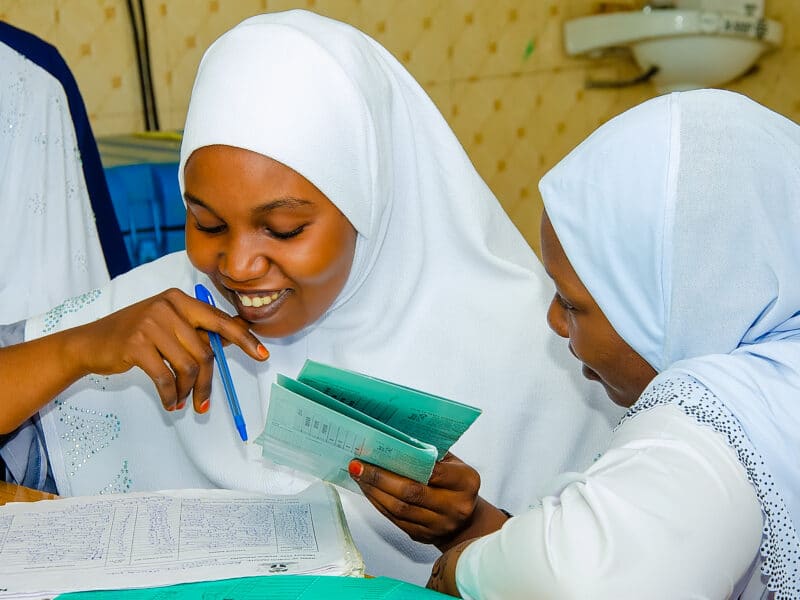The Johns Hopkins Center for Communication Programs has been awarded $500,000 from the World Bank to conduct nutrition and family planning research in the Democratic Republic of Congo (DRC), with the goal of creating programs to reduce malnutrition, stunting and other health issues in the country.
Working with nutrition researchers at the Johns Hopkins Bloomberg School of Public Health’s International Health department, the qualitative research seeks to better understand attitudes, practices and beliefs toward family planning, exclusive and continued breastfeeding, complementary feeding and more. The results will inform upcoming social and behavior change interventions that will aim to overcome obstacles to healthy eating and the increase the adoption of modern contraception.
“We will look at nutrition not just for infants and children, but for pregnant women and nursing mothers, to help ensure healthy populations for generations to come,” says CCP’s Radha Rajan, DrPH, who is the lead researcher on the project. “And if women can space their pregnancies, it can support the healthy growth of their children.”
The research will be conducted in just six months and will generate high-quality insights to allow CCP to design a responsive and customized social and behavior change program to support mothers and families in the DRC that addresses the specific challenges that they face.
Research will take place in four provinces in the DRC: Kasai, Kasai Central, Kwilu and South Kivu. The focus will be on informing the development of social and behavior change interventions and scaling up high-impact practices for nutrition and family planning at the community and primary care levels. The goal is for this new research to be applied and followed by an 18-month implementation project, which has not yet been funded.
CCP will interview not only pregnant women and new mothers, but community and religious leaders, health care service providers and even food vendors to discuss the access to and availability of a variety of healthy foods in the community. CCP wants to understand how women and families think about their children’s eating as connected to normal growth and development in the first few years of life, since improving feeding during this period is central to reducing childhood malnutrition.
The project is a component of the DRC’s Social and Behavior Change Multisectoral Child Nutrition and Health Project.





